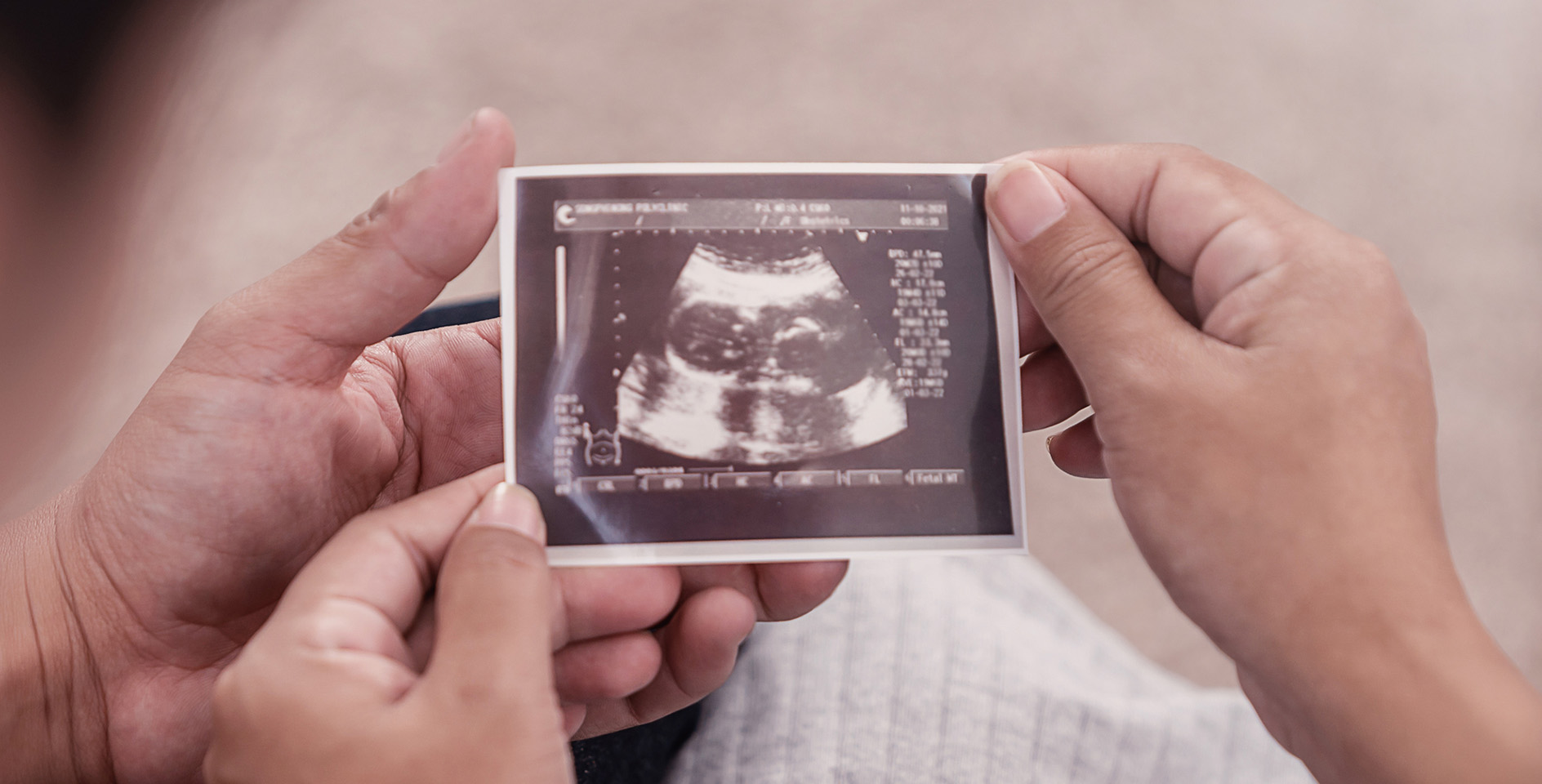After the passage of the Affordable Care Act, the Department of Health and Human Services (HHS) mandated that all health insurance plans for most employers provide coverage for all FDA-approved contraceptives, abortion causing drugs, and sterilization procedures. HHS exempted certain grandfathered plans and a narrowly defined group of houses of worship. But this exemption did not include many other religious organizations, faith-based nonprofits, and other employers who hold religious and moral objections to providing contraceptives, abortifacients, and sterilization procedures.
In response to this rule, dozens of faith-based organizations—including several Southern Baptist organizations and entities—sued the Obama administration, asserting their religious liberty rights under the U.S. Constitution. This litigation dragged on for over five years during the Obama administration, during which time the Obama administration suffered a string of defeats in the federal courts, including at the Supreme Court.
However, a bright spot emerged when a draft rule prepared by HHS was leaked to the media. This new rule would provide a robust religious liberty exemption to those organizations and employers who have sincerely held religious and moral objections to participating in what they believe to be a great moral wrong. The rule is not yet final; it appears that the rule may have been leaked during interagency review in an effort to undermine it. This interagency review is still ongoing.
But if this rule is finalized with substantially the same policy as the leaked rule, it will be an important step toward restoring a proper policy balance between health care policy and religious liberty. It will also be an important step toward bringing the litigation involving the HHS mandate to a conclusion.
Here are four things you need to know about HHS’s new draft rule.
1. What does the rule do, and who would be exempt?
The draft rule maintains the general contraceptive mandate but expands the exemptions to include organizations with religious or moral objections to contraceptives. Organizations would have three options: comply with the mandate, participate in the optional accommodation process, or utilize the newly-expanded exemption.
2. Why are people of faith concerned about the contraceptive mandate?
Some of the contraceptives employers must provide under the HHS mandate are designed to cause abortion. Most of the organizations who have objected to the HHS mandate have religious or moral objections to abortion or the use of contraception in general.
Even Americans who don’t oppose contraception recognize the mandate is a breach of the constitutionally guaranteed free exercise of religion. Abortion is a deeply divisive issue in the United States, and American policy has in general struck a balance between religious freedom and matters of conscience and the rights created by Roe v. Wade.
3. Why is HHS proposing this religious liberty exemption?
The Supreme Court held that HHS’s contraceptive mandate violated the Religious Freedom Restoration Act (RFRA). Part of the reason why HHS is proposing this rule is because it was ordered to do so by the Court. But the policy behind this rule and HHS’s rationale for proposing this new rule is to restore religious liberty where that liberty had been taken by the previous Administration.
Many of the parties who have objected to the contraceptive mandate serve the poorest of the poor. This religious liberty exemption will free these organizations to serve and carry out their mission without interference from the federal government.
4. Will the HHS’s new rule decrease access to contraceptives?
No. There are already many opportunities for women to receive contraceptive coverage, including from government sources. The Obama administration conceded this point before the Supreme Court in 2016 (Zubick v. Burwell). Americans have broad access to contraception without forcing conscientious objectors to participate in what they believe is a moral wrong.
Fundamentally, the government could create a program that directly provides insurance coverage for contraception or free contraception for all women. The problem with the HHS mandate is that it infringes religious freedom in order to pay for it.
Employers have no economic incentive to claim a religious exemption. Nearly all employers still must provide contraceptive coverage, and insurance companies are not permitted to charge more for insurance plans that include the coverage. Consequently, organizations and employers that do not object to contraceptives for sincere religious or moral convictions do not have incentive to drop contraception coverage.
We are very encouraged by this rule and the administration’s leadership in restoring religious liberty protections within this complex health care debate. We look forward to this rule becoming final and a final conclusion to the litigation over the HHS mandate.









